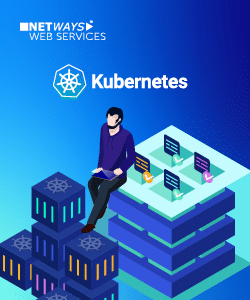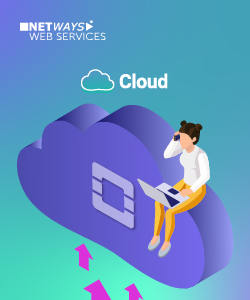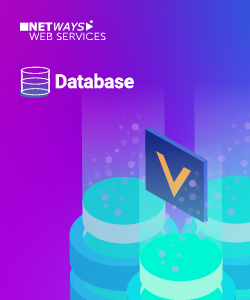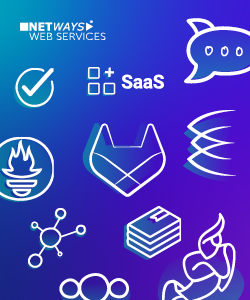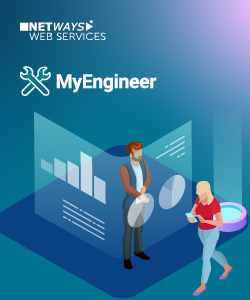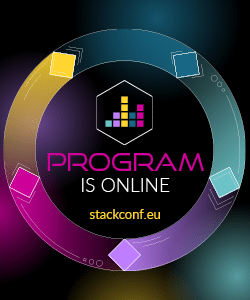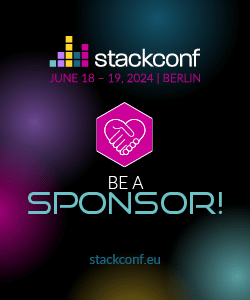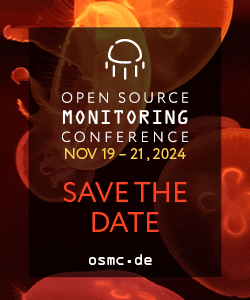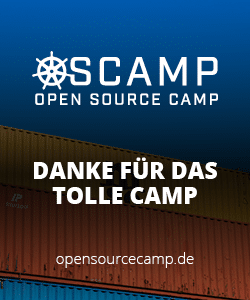Like every year there was an Open Source Camp following the OSMC and as usual we helped organize that. Just in case you aren’t aware of what an Open Source Camp is here is the just of it: It’s meant to be an offer for Open Source projects to present themselves more in depth to the community. This year the Open Source Camp is on that one special yellow helmet we all know and love, Foreman.
Ondřej Ezr started us off with Ansible automation for Foreman (hosts). There are probably more than enough people using puppet only in their Foreman environment. Alternative or complementary to that would be using the plugin foreman_ansible. Ansible and Puppet don’t necessarily need to be better or worse, they are di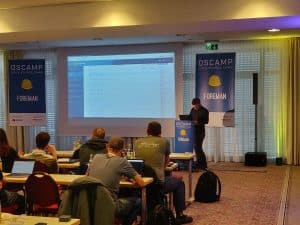
Next up was Bernhard Suttner, who wanted to give us a taste of Salted Foreman. Initially he explained what all that salt was about. The SaltStack a open source project written in python, can be used as a configuration management tool for Foreman. Salt excels at orchestrating cloud environments and network use-cases, but then we got to the Foreman relation. Running a 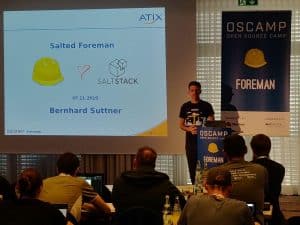
Provisioning on Azure Cloud through Foreman by Aditi Puntambekar was going to follow that one. Aditi made sure everyone is familiar with the 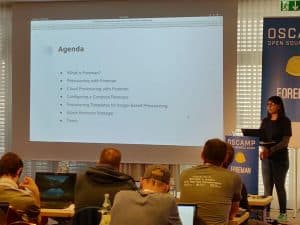
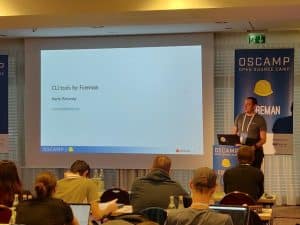 was his next tool, which is using apipie/apipy, which you are probably aware of if you are more heavy on the python side of things. Up there with the most well-known tools is Martins next, Hammer CLI, a command-line tool for Foreman. After sharing his experience with these rather popular tools with everyone he introduced us to Foreman’s integration of GraphQL. It’s basically a query language, which seems to be promising so far. Martin especially focused on the flexibility of queries and the introspective it has, yet one has to see where the project goes. There were many more tools he told us a lot about. To name just a few more of them, Report Templates, Foreman Ansible Modules and foreman_maintain. If you are interested in one of these tools in particular check out the video of the talk, which will be available soon on our Youtube Channel.
was his next tool, which is using apipie/apipy, which you are probably aware of if you are more heavy on the python side of things. Up there with the most well-known tools is Martins next, Hammer CLI, a command-line tool for Foreman. After sharing his experience with these rather popular tools with everyone he introduced us to Foreman’s integration of GraphQL. It’s basically a query language, which seems to be promising so far. Martin especially focused on the flexibility of queries and the introspective it has, yet one has to see where the project goes. There were many more tools he told us a lot about. To name just a few more of them, Report Templates, Foreman Ansible Modules and foreman_maintain. If you are interested in one of these tools in particular check out the video of the talk, which will be available soon on our Youtube Channel.
Give your Foreman a greater toolbox with Plugins by our very own Dirk Götz. Like he said himself: I will start of with existing toolbox things and at the end I will show you how to create these things yourself. And that he did. This talk was very demo heavy, thereby everything he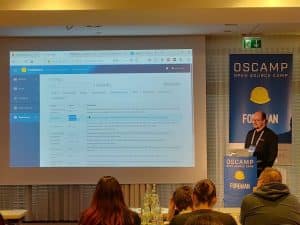
The next talk would not have happened, if Dirk didn’t spontaneously offer to step in. So we got another thirty minutes of Dirk Götz and I won’t complain. Katello: Adding content management to Foreman was the title and people where keen to hear about just that. What is Katello? Dirk described it as a defined set of Foreman plugins but not just that. It enriches your content management, as well as subscription management. Wait… content management? Why do I need that? Configuration management should be enough! Not necessarily, depending on your environment. Lets just pick up the points that Dirk made towards content management. For local content it ensures availability. For staging, it allows testing updates and makes builds reproducible. So content management should be seen as an addition to config management. He also talks about content views and how they are used to do the versioning, while they are being held by life cycles. Integration in orchestration was also a rather big point during his talk, which is done via SSH or Ansible. Dirk designs his talk in a way that makes summarizing them impossible, because he covers way to much. Lets just say not announced but very appreciated and most definitely worth checking out at our NETWAYS-Youtube Channel.
It was my second Open Source Camp and if you ask me this kind of exchange is what one wants to see in the open source community. There was variety and judging by the crowd reactions I was not the only one enjoying these talks. Thanks to all the speakers and attendees, safe travels home to everyone. Until the next Open Source Camp, hope to see you there!

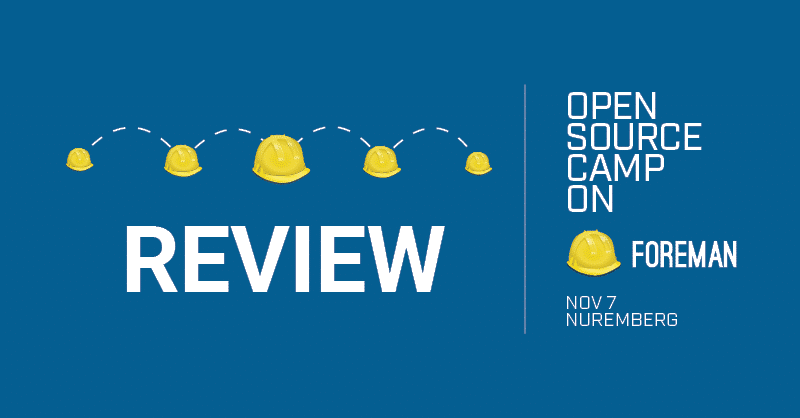
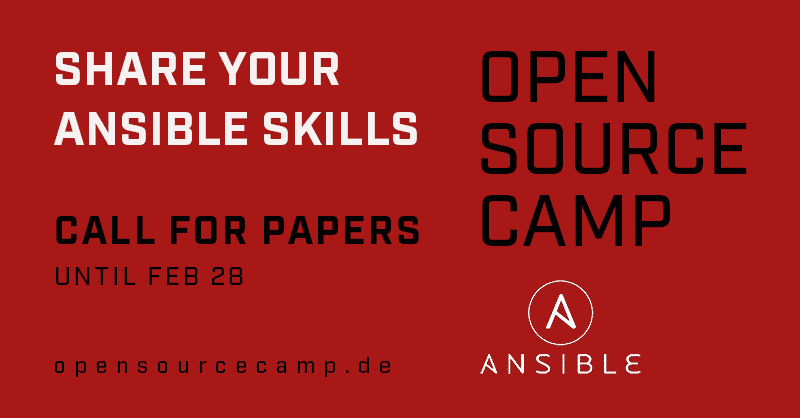
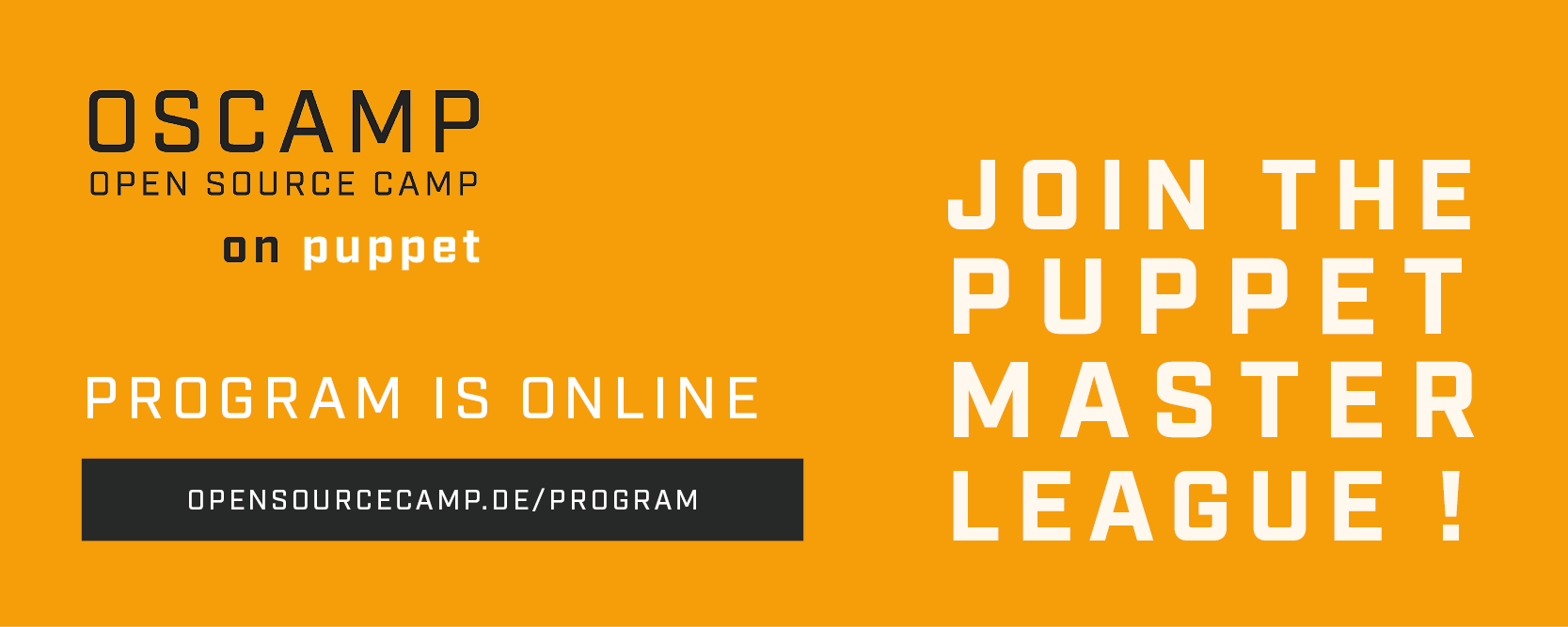
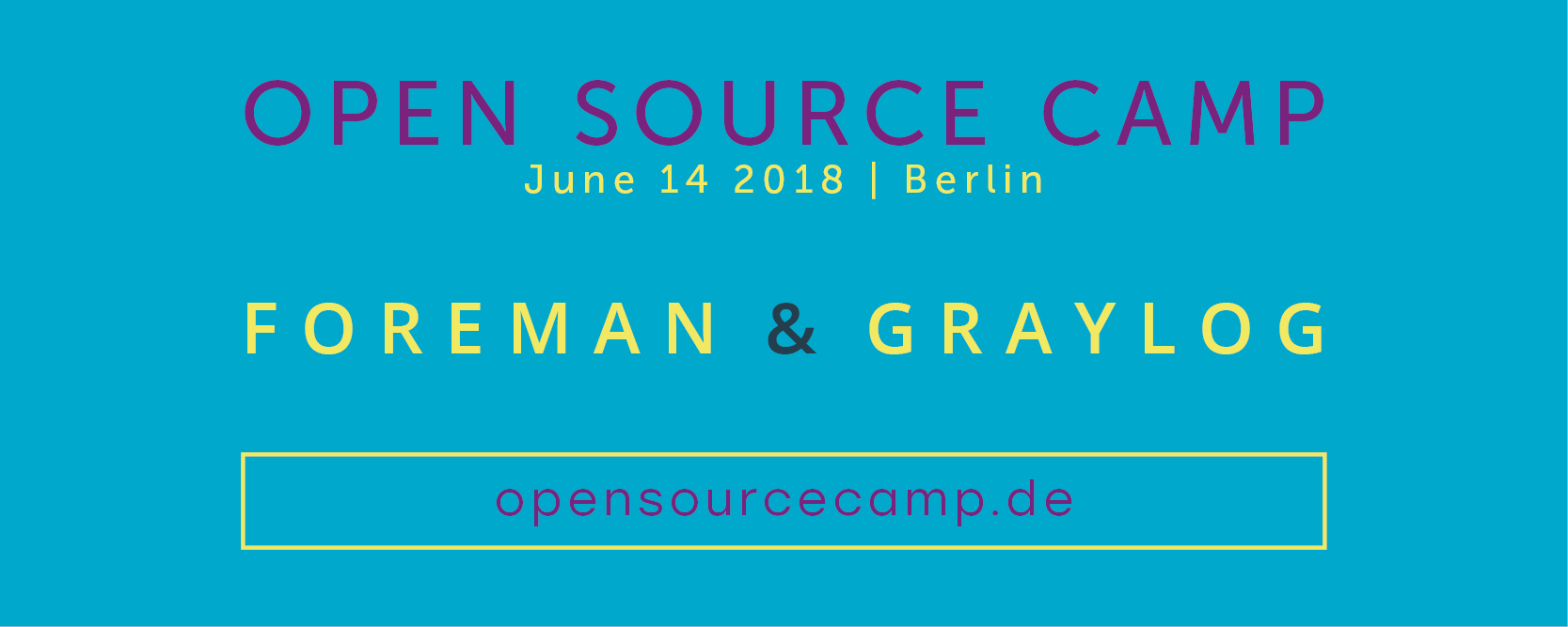 Right after
Right after 





